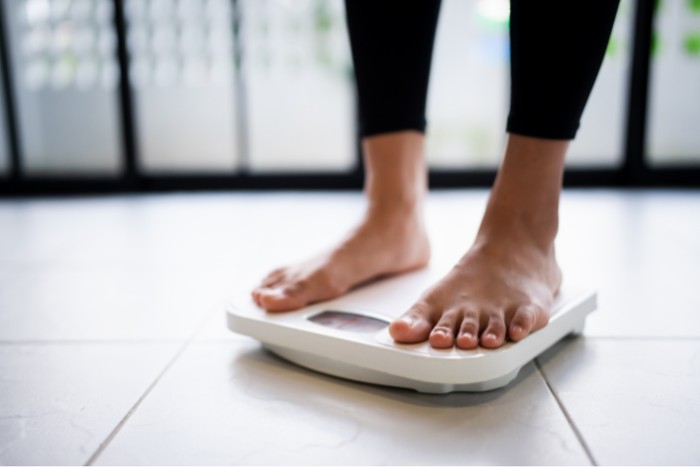Navigating the world of dieting can be overwhelming, with so many trends and conflicting advice that promise quick fixes and miraculous results. But many of these diets are built on myths that can lead to frustration, confusion, and even harm.
The reality is that long-term health isn’t about following restrictive rules or cutting out entire food groups, it’s about balanced, sustainable habits that nourish the body and mind. Here, I’m going to break down some of the most common dieting myths, reveal the truth behind them, and explore practical strategies for building a healthy lifestyle that’s both sustainable and good for your wellbeing.

Photo by Charliepix on Canva
Common Dieting Myths and Why They’re Wrong
- Carbs are the enemy
Myth: Carbohydrates are bad and must be avoided to lose weight or stay healthy.
Truth: Refined carbs like sugary snacks and white bread can cause blood sugar spikes and provide very little nutritional value but complex carbs like whole grains, fruits, and vegetables are loaded with fiber, vitamins, and minerals that are essential for overall health.
The key is moderation and focus on high-quality carbs rather than avoiding them altogether. Including whole grains, fruits, vegetables, and legumes into your meals ensures you get the benefits without the drawbacks.
- Fat makes you fat
Myth: Eating fat will make you fat or is unhealthy.
Truth: Trans fat found in processed foods are harmful and should be minimized but healthy fats like those from avocados, nuts, seeds, olive oil, and fatty fish are essential for your body. Fats are needed for hormone production, brain function, and the absorption of fat-soluble vitamins like A, D, E, and K. They provide energy and support cell structure in your body.
Rather than avoiding fats altogether, focus on incorporating nutrient-dense sources of unsaturated fats while limiting unhealthy trans fats and excessive saturated fats. Moderation and variety are key to the right balance.
- Skipping meals helps lose weight faster
Myth: Skipping meals is an effective way to lose weight quickly.
Truth: Skipping meals can slow down your metabolism over time, making it harder for your body to burn calories efficiently. It can lead to intense hunger, which can result in overeating or bingeing on less healthy foods. It can also cause a loss of energy and focus, cause your body to break down muscle for energy, and can lead to an unhealthy relationship with food.
Rather than skipping meals, adopting consistent, nourishing eating habits and eating windows (intermittent fasting) is a more effective and sustainable way to support weight management and overall wellbeing.
- A calorie is a calorie
Myth: All calories are equal, regardless of their source.
Truth: Certain foods like protein-rich or fiber-rich foods require more energy to digest, process, and store, making them more metabolically efficient than calorie-dense processed foods. Also, whole, nutrient-dense foods keep you feeling full and satisfied longer and affect your hormones differently, helping to prevent fat storage and energy crashes.
It’s not just about how many calories you consume, it’s about what those calories consist of. A diet filled with nutrient-dense, whole foods support long-term health and energy far better than one focused purely on hitting calorie targets and is much more sustainable.
- Detoxes and cleanses are essential for weight loss
Myth: The body needs external help to flush out toxins and reset for fat burning.
Truth: The liver, kidneys, and other organs are designed to process and remove toxins effectively. They restrict calories and can exclude essential nutrients which leaves the body undernourished and low on energy. Also, there is no scientific backing for claims made by detox or cleansing products.
Rather than relying on gimmicks, focus on a balanced, nutrient-rich diet that supports your body’s natural detoxification processes. Stay hydrated, eat plenty of fiber from fruits, vegetables, and whole grains, and avoid excessive alcohol and processed foods.





Leave a Reply